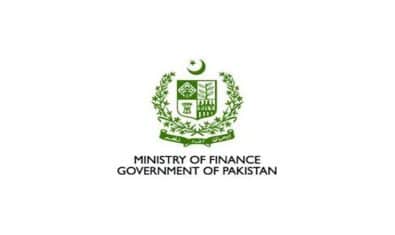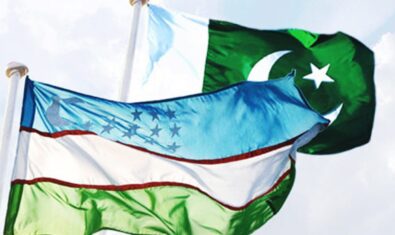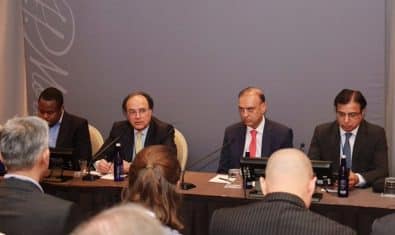The Pakistan Business Council (PBC) has opposed double taxation, claiming that the tax burden is not evenly distributed across Pakistan and that many problems exist as a result of import restrictions that include a decrease in exports, lack of investment, and heightened risk of bankruptcy.
A meeting of the Senate Standing Committee on Finance was held under the chairmanship of Senator Saleem Mandviwala at Parliament House today.
While briefing the committee, PBC Chairman Ehsan Malik said the default risk is too high at the moment, and increasing business taxes would imply that the government wants to keep businesses from earning more money. He suggested a standard 3 percent tax on the services sector which would help offset losses of entities operating in the field.
PBC Laments Economic Issues
PBC chairman said Pakistan lags behind Sri Lanka, India, and Bangladesh in tax revenue in the region and faces many problems due to restrictions and reduction of imports, lack of productivity, unemployment, and stalled exports.
He bemoaned the drop in investments while claiming that the risk of bankruptcy was too high. He claimed that the country’s tax system is complicated, new taxpayers are not being added to the tax net, and remittances are sent through informal rather than formal channels.
In response to rumors of additional taxes on financial assets, he stated that businesses already pay taxes on the capital they hold. Regarding reports of imposing a fixed tax on exporters, he argued that such a move would be unwarranted at this time because exports were already at a low level.
He warned that further and unnecessary hikes in taxes, such as a fixed Super Tax on businesses, would create more problems. He contended that increasing business taxes would imply that the government wants to keep businesses from earning more money.
Business Situation
Separately, Lahore Chamber of Commerce and Industry (LCCI) President Kashif Anwar discussed with committee members the idea of the government increasing its cash reserves by borrowing money from local businesses. He proposed that the government seek financial assistance from businesses, similar to how it received $3 billion from Saudi Arabia.
Meanwhile, representatives of the Karachi Chamber of Commerce briefed the committee about the prevalent issue of embargoed letters of credit (LCs). In this regard, Senator Dilawar Khan urged the government to act accordingly and opined that Finance Minister Ishaq Dar must spare some time for the business community. He said it is the government’s job to reach out to stakeholders and explore ways for handling the situation.
Committee Chairman Saleem Mandviwala expressed his annoyance that policymakers were taking big decisions behind closed doors and were unaware of the ground realities. Taking stock of all the issues faced so far, the chairman argued that doing business has become more difficult and the 26 percent interest rate will do no favors in helping manage the situation.
IMF and Budget
Senator Mohsin Aziz discussed the issue of the government’s stalled negotiations with the International Monetary Fund (IMF) while virtually attending the session.
He informed the committee that if the IMF is still involved, then the budget would be different. He remarked that budget proposals would change completely if the lender isn’t on board.
Federal Board of Revenue (FBR) Member (Policy) Dr. Afaque Ahmed Qureshi briefed the committee that the tax machinery had received budget proposals from the business community. He stated that some of these suggestions appeared feasible and that the tax regulator would attempt to implement them.
After careful consideration, the committee chairman instructed the tax officials to consult with the finance minister on these proposals.

























